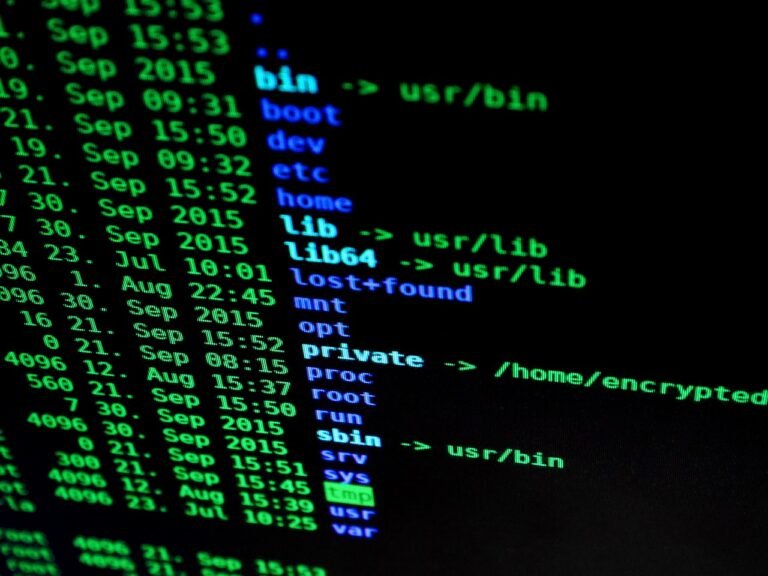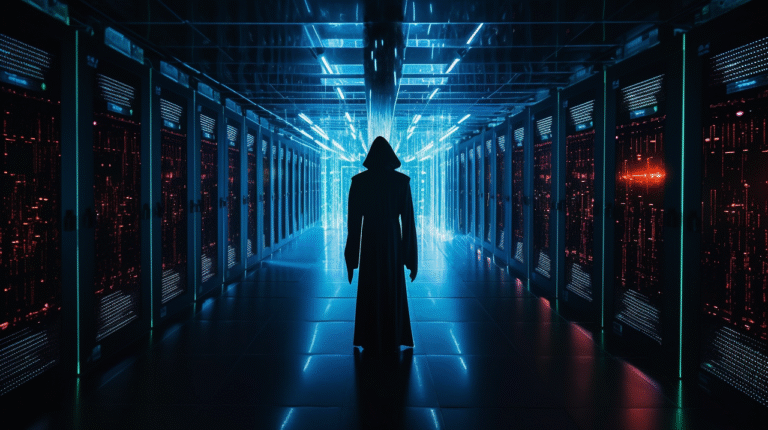Energy industry needs to be vigilant about cyberattacks
The energy sector remains a significant target for cybercriminals, with power outages posing threats to economic stability and public safety. The rising demand for electricity, driven by technological advancements and digital growth, exacerbates the sector’s vulnerabilities. Artificial Intelligence is a major contributor to this demand, with Goldman Sachs predicting a 160% increase in data centre power consumption by 2030, which could strain already fragile grids. The recent blackout on the Iberian Peninsula highlighted the disruptive potential of power outages, affecting millions in Spain and Portugal, as well as transport, banking, and communication systems. Although this blackout was not caused by a cyberattack, it serves as a crucial reminder of the risks involved. Energy grids face cyber threats from state-linked groups, ransomware gangs, and malicious insiders, necessitating that organisations manage their infrastructure with the understanding that they are always potential targets.
Recent cyberattacks, such as the one by the Russia-backed ATP group Sandworm that disrupted parts of the Ukrainian power grid, underscore the vulnerabilities of critical infrastructure during conflicts. Reports indicate that numerous major U.S. energy companies are exposed to exploitable vulnerabilities, with Trustwave noting an 80% year-over-year increase in ransomware attacks targeting the energy and utilities sector. High-profile incidents, such as the attack on Schneider Electric, where 40GB of data was reportedly stolen, further illustrate the risks. Additionally, concerns have emerged regarding solar infrastructure, particularly with Chinese-made solar inverters that may contain unexplained communication equipment, potentially allowing for remote shutdowns. The presence of outdated firmware in many solar devices, which are susceptible to known exploits, raises alarms about the security of energy infrastructure. Anjos Nijk, Managing Director of the European Network for Cyber Security, emphasised that the digitalisation of the energy sector introduces various cybersecurity issues that directly impact the resilience and reliability of the entire energy infrastructure.








